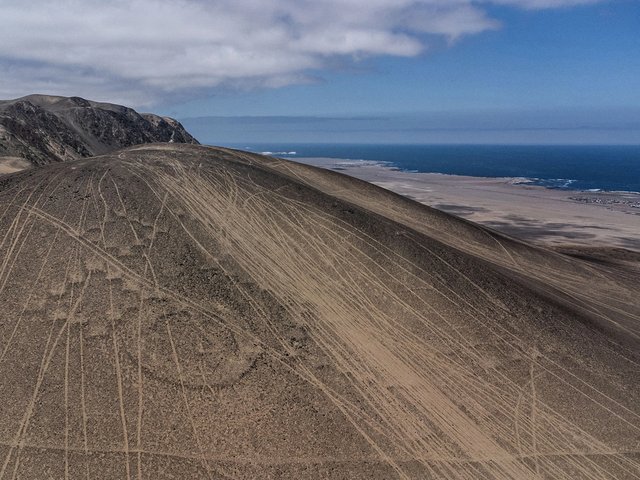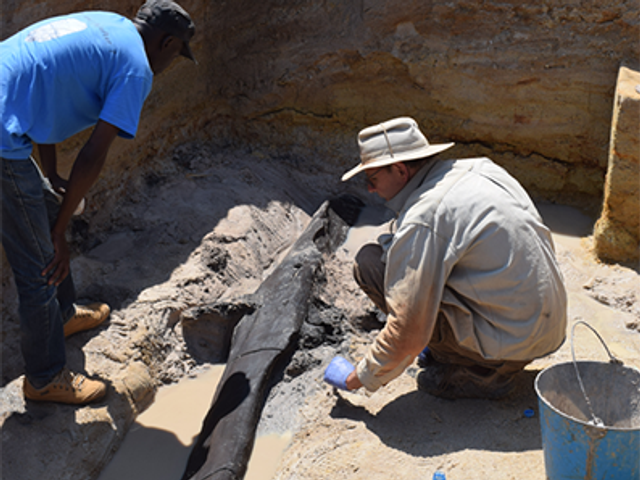A group of archaeologists in Florida has filed a legal case against the US Department of Transportation over a high-speed rail project they say will threaten prehistoric sites of cultural importance. The non-profit organisation, Old Vero Ice Age Sites Committee, says the department illegally approved $1.75 billion in tax-exempt bonds to fund the railway line between Orlando and Miami.
The committee is fighting to protect two excavation areas: the Old Vero Man site, an important archaeological site where human remains dating back more than 13,000 years have been found, and the Gifford Bones site, where the bones of a prehistoric sloth and a mastodon were discovered.
Archaeologists from Mercyhurst University in Pennsylvania, who are overseeing the Vero Beach dig, are working to prove the theory that humans co-existed with large prehistoric animals. “Important archaeological finds may be forever lost due to construction,” the complaint says.
Historic cultural attractions including the 1903 Vero Beach train station and the Hallstrom Farmstead, a pineapple plantation built in 1909, are also at risk if the project goes ahead, according to the papers.
The complaint, filed on 31 March 2015 by the Old Vero Ice Age Sites Committee and officials from Indian River County, says the Department of Transportation did not properly assess the “environmental and historic” impacts of the rail line, as required by federal laws. The project was approved after a Draft Environmental Impact Statement was published, but without a Final Environmental Impact Statement or record of decision being issued, according to the papers.
The All Aboard Florida project would see 32 passenger trains a day travelling through Indian River County at more than 100 miles an hour. Construction is likely to take at least two years. The plaintiffs are seeking an injunction to stop the bonds being issued until the legal case is settled and an environmental impact review is completed.
On its website, All Aboard Florida says the publication of an Environmental Impact Statement “validates the assumption” that the railway will have a “hugely positive” impact. “By utilising existing rail and road transportation corridors, the environmental impact of construction is minimal. The trains will take three million vehicles off roads. This will reduce fuel consumption, reduce Florida's carbon footprint, and pave the way for a greener, eco-friendly future,” it says.
The website also states that the next steps include the completion of a Final Environmental Impact Statement and the issuing of a record of decision. The Department of Transportation declined to comment.



